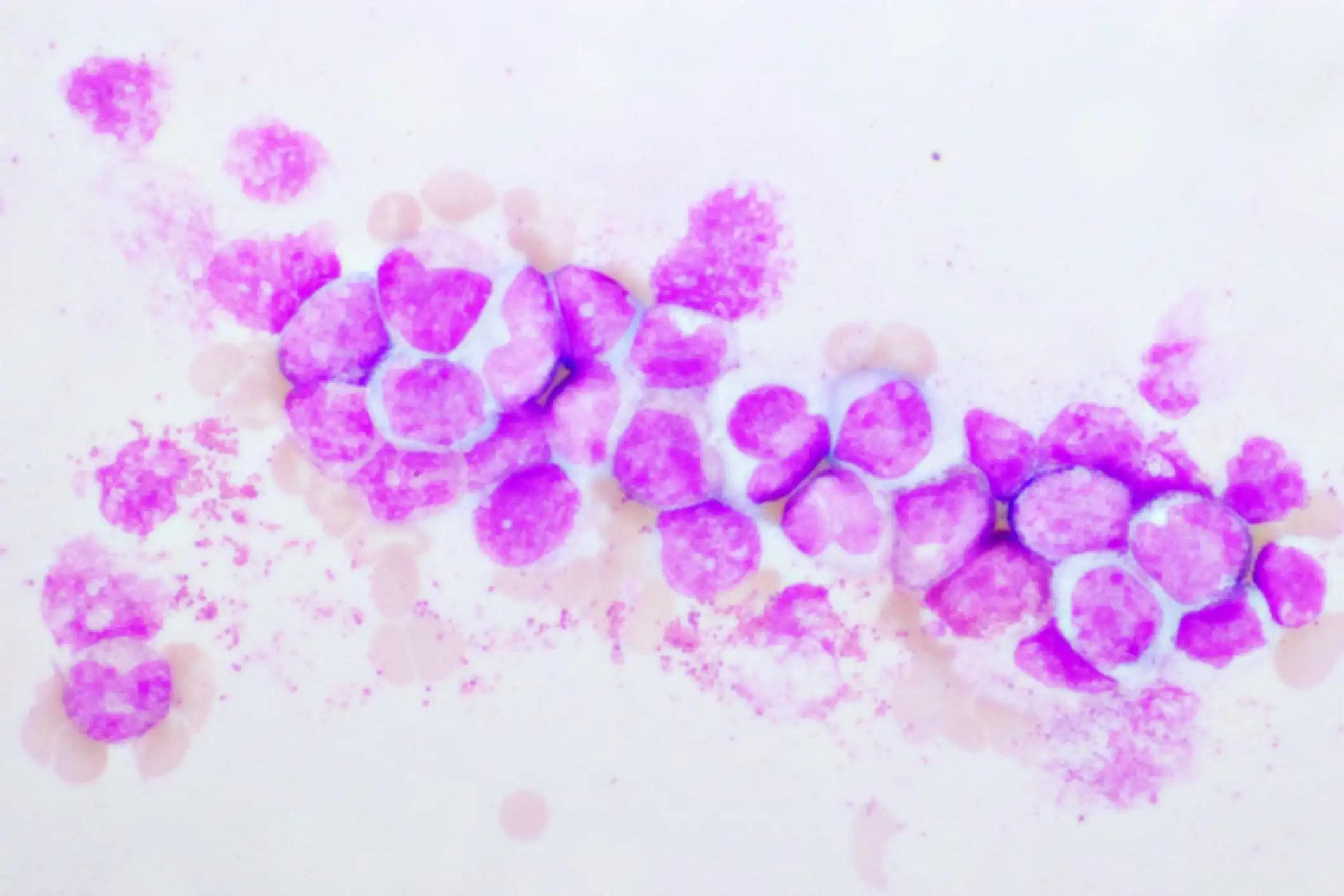KEY TAKEAWAYS
- The study aimed to assess Dr. PCR’s accuracy in quantifying BCR::ABL1 transcripts for MRD monitoring in patients with CML.
- Researchers concluded that Dr. PCR offers rapid and efficient MRD assessment.
Accurate quantification of the BCR::ABL1 transcripts is crucial for measurable residual disease (MRD) monitoring in chronic myeloid leukemia (CML) following tyrosine kinase inhibitor (TKI) treatment.
Soo Jung Lee and the team aimed to evaluate the newly developed digital real-time PCR method, Dr. PCR, as an alternative to reverse transcription-PCR (qRT-PCR) for MRD detection.
They conducted a comprehensive analysis, evaluating Dr. PCR’s performance using both reference and clinical materials. They assessed precision, linearity, and correlation with qRT-PCR. They compared MRD levels detected by Dr. PCR with qRT-PCR and investigated practical advantages.
Dr. PCR detected MRD up to 0.0032%IS (MR4.5) with excellent precision and linearity and showed a strong correlation with qRT-PCR results. Notably, Dr. PCR identified higher levels of MRD in 12.7% (29/229) of patients than qRT-PCR, including 6 cases of MR4, which is a critical level for TKI discontinuation. Dr. PCR also allowed for sufficient ABL1 copies in all cases, while qRT-PCR necessitated multiple repeat tests in 3.5% (8/229) of cases.
The study concluded that Dr. PCR offers a rapid and efficient method for assessing MRD in patients with CML under the current treatment regimen, supported by a robust body of evidence.
This study was supported by The Catholic University of Korea.
Source: https://pubmed.ncbi.nlm.nih.gov/38525919/
Lee SJ, Lee JM, Ahn A, et al.(2024). “Analytical Performance Evaluation of a Digital Real-Time PCR for Quantifying Major BCR::ABL1 Transcripts.” J Clin Lab Anal. 2024 Apr;38(7):e25034. doi: 10.1002/jcla.25034. Epub 2024 Mar 25. PMID: 38525919; PMCID: PMC11033343.



